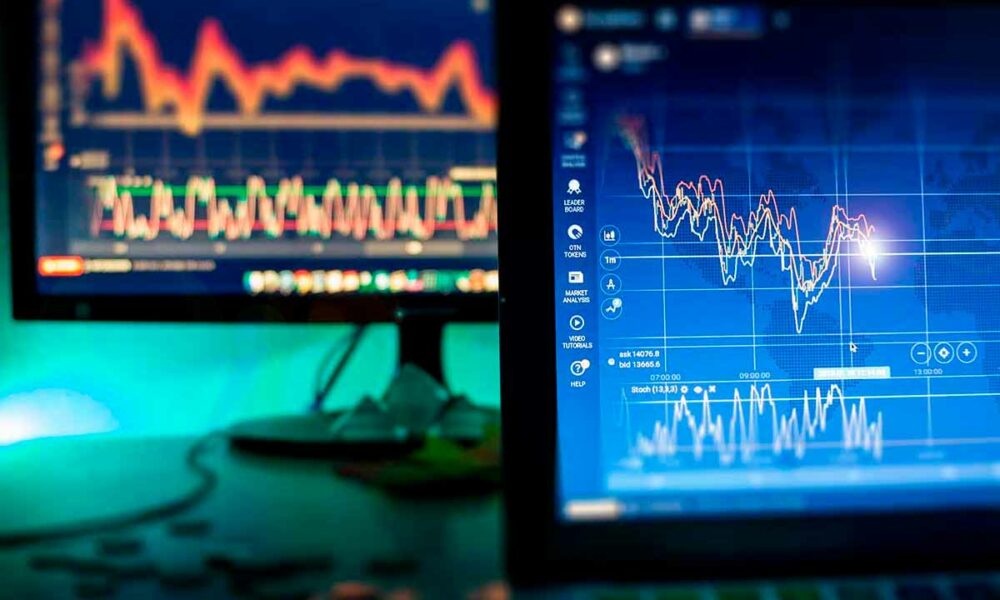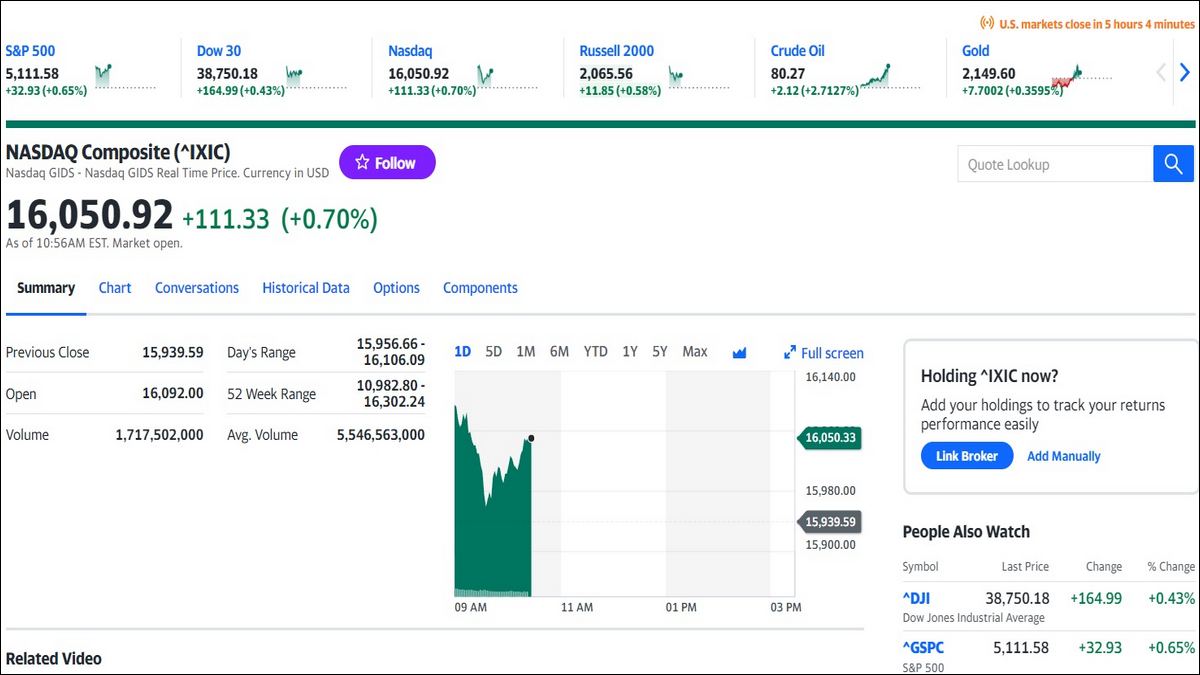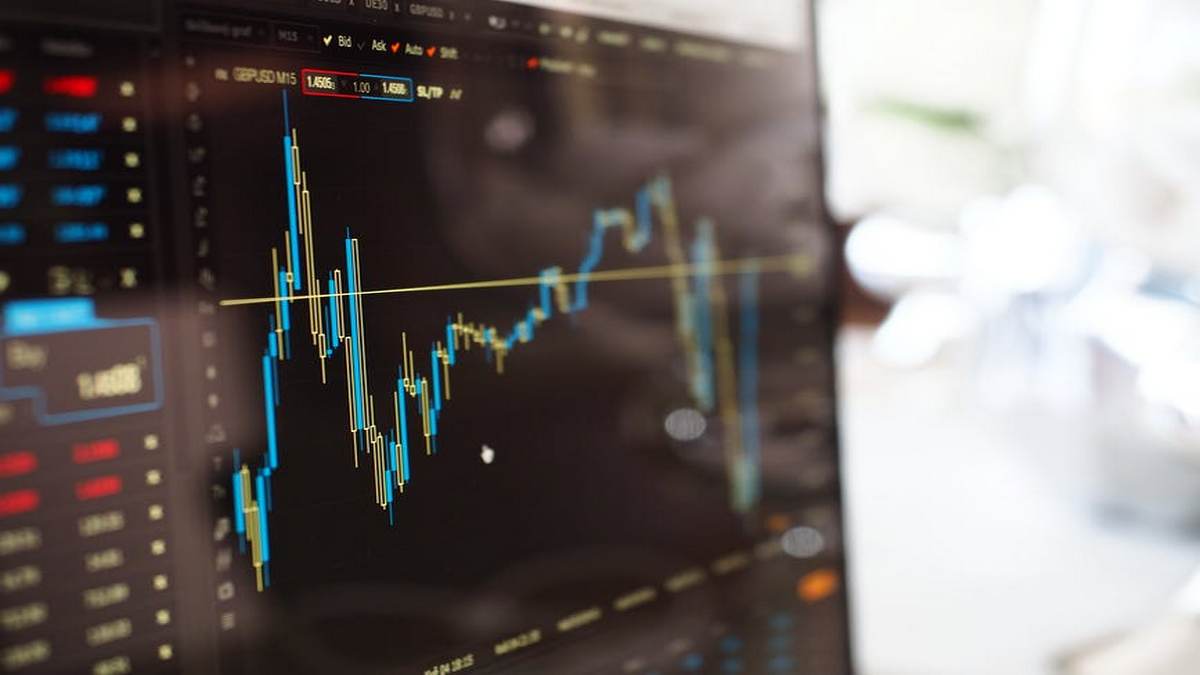
A Forex broker license gives you permission to offer FX brokerage services in an approved jurisdiction. A license is needed for any business that wants to offer customers margin accounts, trading options, and other FX associated financial activities.
When you choose the best regulation for getting a license, there are a few important factors to take into account:
- Each jurisdiction has its own rules and requirements that you must comply with.
- Different regions may need more money to start a business, while other regions have easier rules to enter.
- It’s also important to consider other things like the time of application, local standards and requirements, and tax rates and policies.
Getting a Forex license can take between 2 to 4 weeks or even longer. The exact time depends on the speed of state documents processing, submission of all documents, completion of the risk assessment and due diligence.
So, if you decide to obtain an FX license, here are some tips on how to choose the best jurisdiction for Forex trading.
First, decide where you want to do your trading. Your company’s address and its physical location don’t have to be the same. In addition, the requirements for applying to different countries or states can vary.
A broker needs to review the following important aspects to decide which regulator to get a license from:
- define the sum of money you are ready to spend on the license,
- select a bank with which you want to open an account for your company,
- define the target market for the company,
- decide on the location of operation,
- determine the time the firm is ready to wait for a license issue.
There exist six levels of regulators:
- In the USA, the CFTC and NFA groups watch over trading activities. In Japan, there is a group called the FSA that watches over what happens in their country in terms of trading. Brokers must follow very strict rules set by each governing body.
- The UK Financial Conduct Authority (FCA) and the Australian Securities and Investments Commission (ASIC) are crucial in supervising FX brokers. Obtaining a license from these groups can be a lengthy process. However, they have strict rules that must be followed before approval.
- Cyprus’s CySEC and Malta’s MFSA offer an easier way to get a license for FX businesses with simpler rules for reporting and monitoring. These organisations offer a third level of licensing for FX businesses.
- The BVI FSC and the IFSC in Belize are government organisations responsible for following the rules. They are fourth-tier regulatory bodies. Brokers who sign up with these organisations have to do less difficult checks, which ensures a faster registration process.
- At levels five and six, the Seychelles FSA and Saint Vincent & The Grenadines Islands’ FSA care for all aspects of offshore license commissions. They watch over Forex brokerages without needing licenses to operate.
In Summary
Having a license is very important for brokers in the FX industry. Many brokers get licenses from jurisdictions at the 5th or 6th level. Experienced brokers want licenses from a stricter regulator, which costs five to six times more than offshore options. Accessing levels 1-4 can take 6 to 12 months, while levels 5 and 6 can be achieved in just a few weeks.



